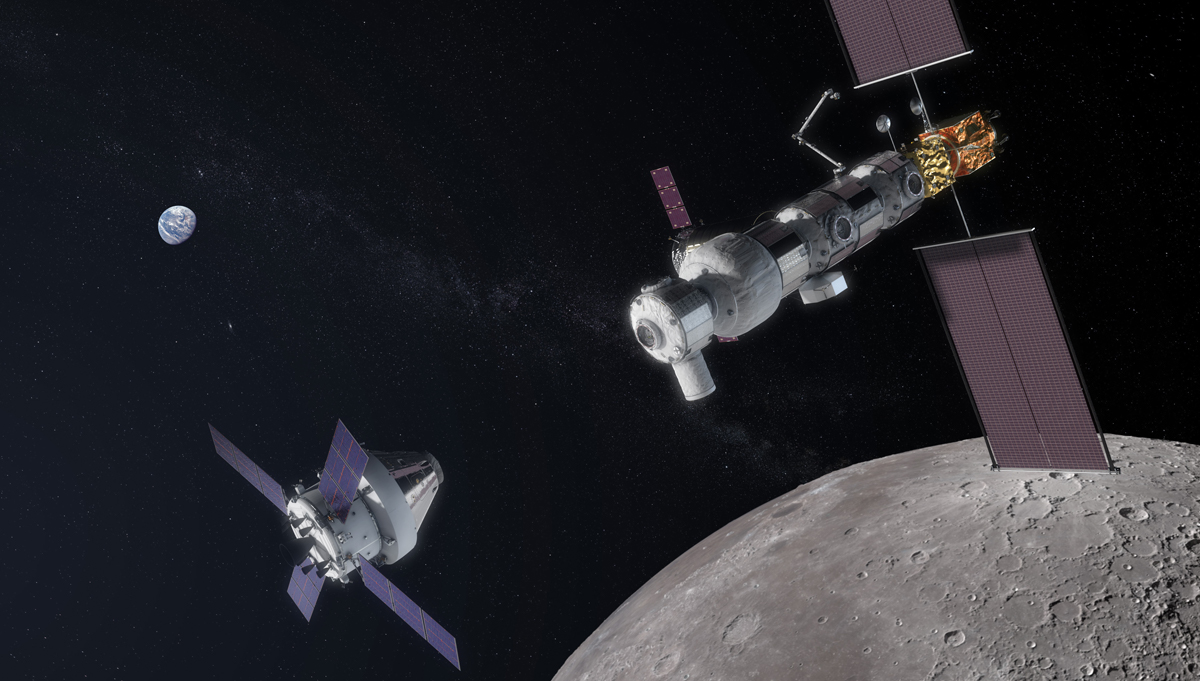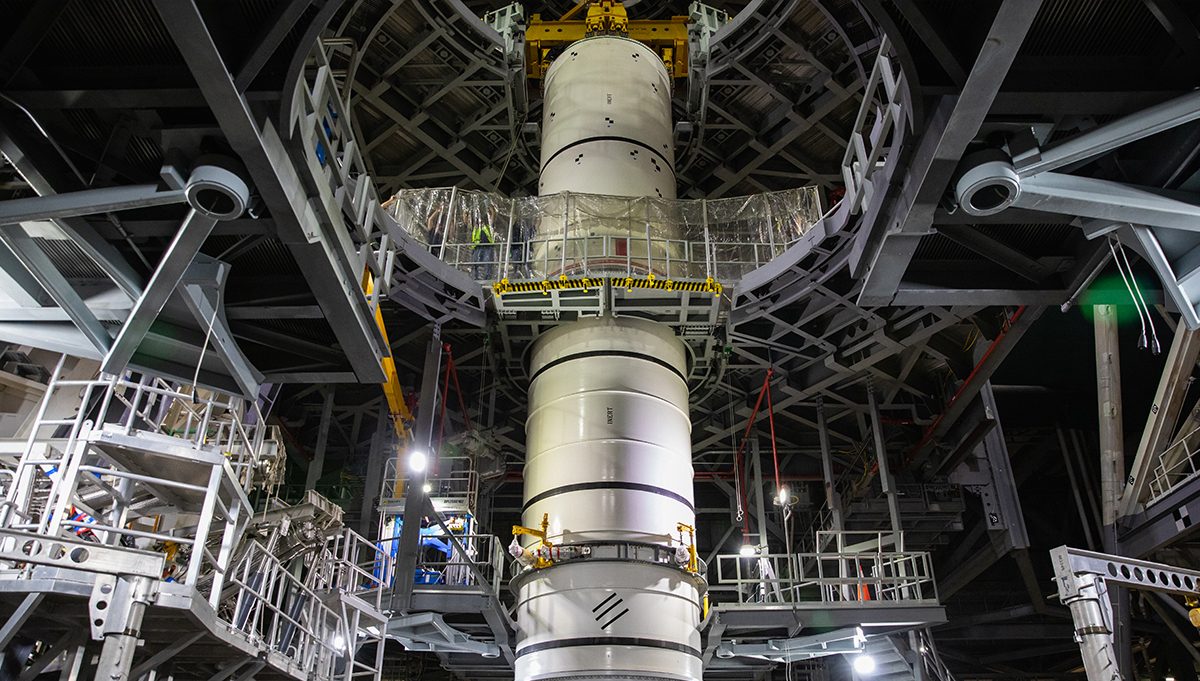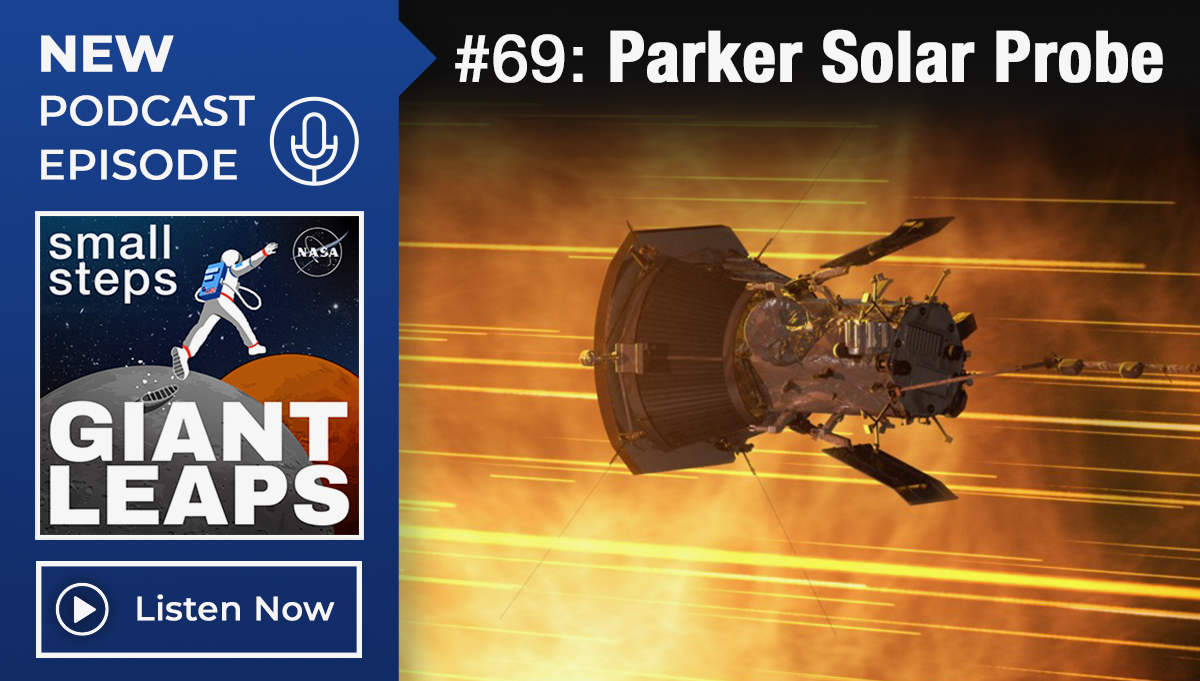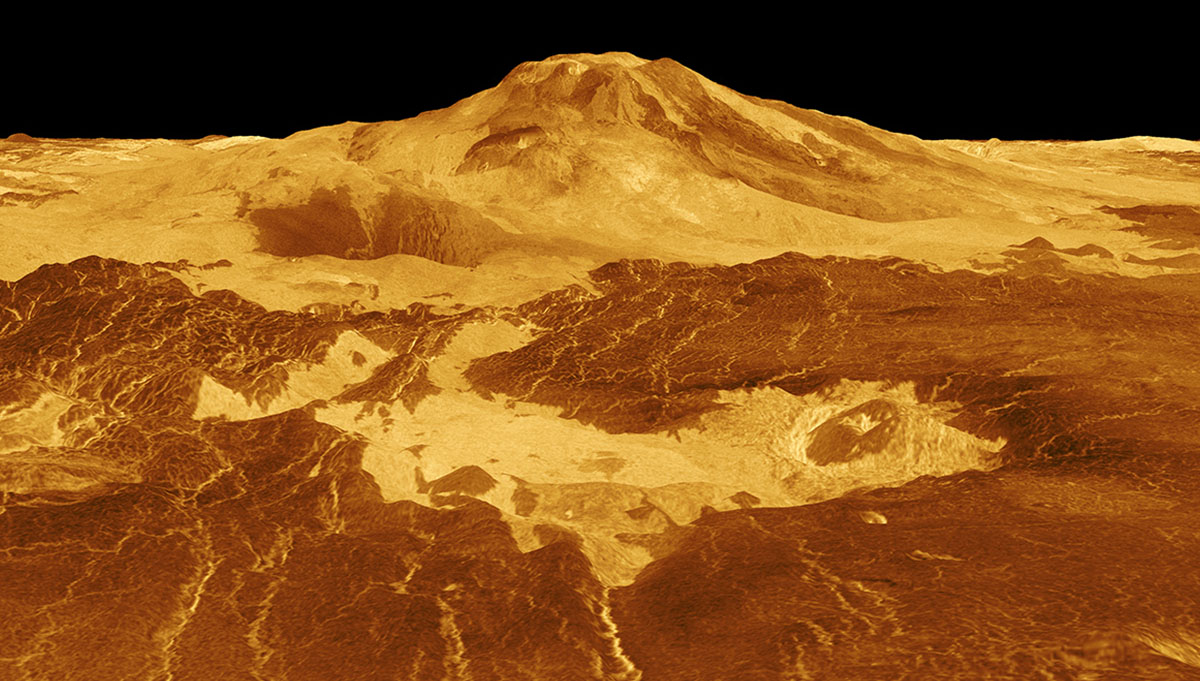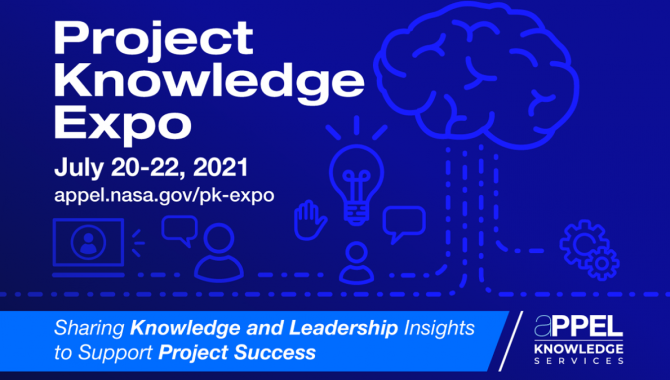
Attendees engaged with experts in knowledge management, strategic thinking, and human performance.
The APPEL Knowledge Services virtual Project Knowledge Expo began with why history matters and concluded with the organizational and team challenges NASA faces as it moves into the future. In between were three part-days of thought-provoking presentations on knowledge management, strategic thinking, and the science of high performance attended by hundreds of members of NASA’s technical workforce.
Development of the Project Knowledge Expo began several years ago when APPEL KS began receiving a growing number of requests for shorter, more flexible educational opportunities that fit within hectic work schedules. APPEL set out to create Expo sessions with a knowledge management and project management perspective and built around topics with actionable takeaways that could move NASA projects forward.
“We wanted to provide opportunities for our NASA Technical workforce to attend short, informative sessions with experienced technical experts and thought leaders to gain insight from their successes and failures,” said Stephen Angelillo, APPEL KS Deputy Director. “Our ambition was to find track captains who shared this philosophy and could bring presenters together to engage the audience with their insights, experience, and leadership.”
The program was divided into three distinct tracks, each presented over five hours on a single day. First up was the Knowledge Management and History track, captained by Jim Rostohar, the Chief Knowledge Officer for the Johnson Space Center.
The second day of the Project Knowledge Expo was built around the theme, Unlock Your Strategic Mindset and was captained by David Miranda, the Deputy Office Chief of the Spaceport Technologies Office at Kennedy Space Center (KSC), and Johnny Nguyen, Associate Manager for Integration & Analysis, also at KSC.
The final day focused on The Science of Excellence: Using Organizational Science to Enable High Performance Teams and was captained by Dr. Anna-Maria McGowan, Agency Senior Engineer for Complex Systems Design, Langley Research Center (LaRC) and Elisabeth Mah, an Organizational Psychologist Graduate Intern, also at LaRC.
There were 1,826 views over the course of the three-day Expo, a figure that will likely be overshadowed when the sessions become available soon for on demand viewing by the NASA workforce at the internal Project Knowledge Expo Resource Page (https://appel.nasa.gov/pk-expo/). The sessions were interactive, many drawing lively discussions, insightful questions, and enthusiastic praise for the content and format, posted through the Microsoft Teams chat feature.
“One element that I think made the Project Knowledge Expo work so well was that if you could set aside time to join, you knew that you were engaging in real-time with people who have expertise and experience in each topic. Not all of us have the opportunity every day to talk candidly with some of the world’s experts in human exploration, scientific research, history and knowledge management, organizational science, and other project management and engineering disciplines,” said Tiffany Smith, Acting NASA Chief Knowledge Officer and APPEL Director.
“For the people who took the time to participate, those experts were online, open to sharing their experiences, and open to questions and dialogue with the NASA workforce. That’s a really exciting experience,” Smith added. “It was also great to see participants add comments in the chat about how they planned to use some information or hear a speaker comment on the chat and engage in questions and discussion.”
The Project Knowledge Expo had something for everyone: presentations of lessons learned during the race to the Moon, harrowing accounts from NASA’s investigations into accidents and incidents, panel discussions focusing on several topics including how to make sense of large amounts of data to anticipate future developments, how to use strategic thinking, and the practical applications of organizational science to solve team challenges.
The Project Knowledge Expo began with Why History Matters, in which John Uri, Manager of the JSC History Office, shared cases from the U.S./Soviet Space Race and other important moments in the international space program that had been erased or altered. These incidents reduced access to critical information that perhaps could have helped mitigate or prevent later mishaps. Attendees commented on the interesting and informative nature of the presentation, which also included work to debunk false history and gain better understanding across the Agency on how history can inform NASA’s work.
The Project Knowledge Expo ended with a lively panel discussion in which a group of NASA Senior Leaders took specific, thoughtful questions from the audience. The session included observations about encouraging people to express alternative viewpoints, the generational dynamics of NASA’s workforce, and the coming challenges of a hybrid in-person/virtual workplace.
The 14 sessions between focused on everything from the trailblazing women of NASA to The Most Dangerous EVA in U.S. History, from Program Management Lessons from What Went Right to expert advice on implementing strategic thinking, and the tools and frameworks for critical strategic thinking.
“We wanted to make sure that participants’ time was well-spent,” Smith said of the varied sessions. “The first day set the perfect tone for the Expo, and we knew right away we were on a good path. Some people participated for all three days, and others dropped in and out as their schedules allowed, which told us that the event design and structure worked well.”
APPEL KS is reviewing surveys, comments, and feedback from attendees while reaching out to thank the track captains and guest speakers who shared their expertise, experiences, and knowledge, which was critical to the success of the project, Angelillo said. “We could not have done it without them.”
“This was something of an experiment for us: could we provide an opportunity for the NASA technical workforce to learn and engage that was easy to join, easy to participate, and focused on takeaways that people could use right away to improve their work?” Smith said. “We’ll use data from the evaluations and feedback we receive as well as other sources to inform scheduling and topics for a possible future Project Knowledge Expo, as well as other APPEL Knowledge Services offerings.”






